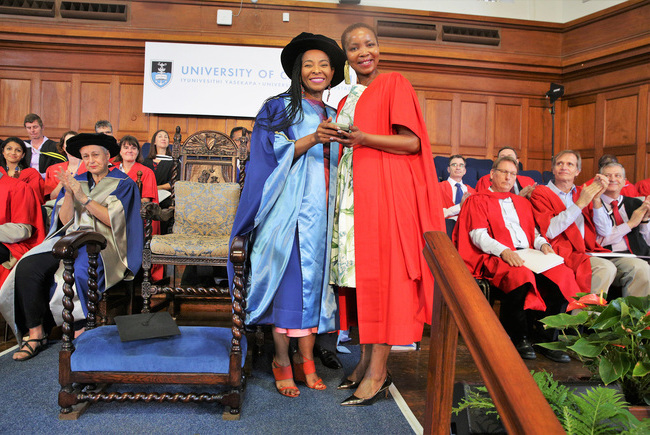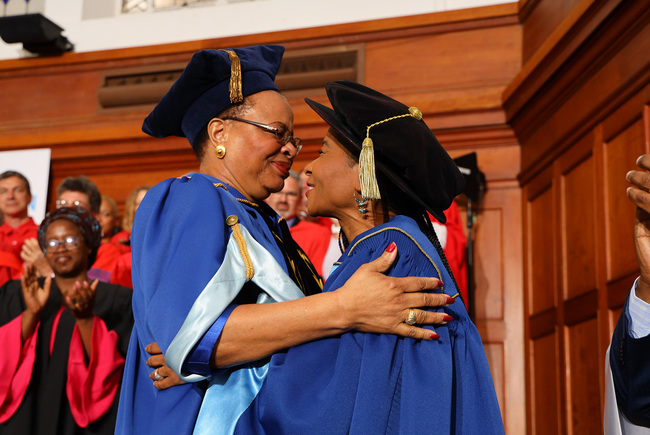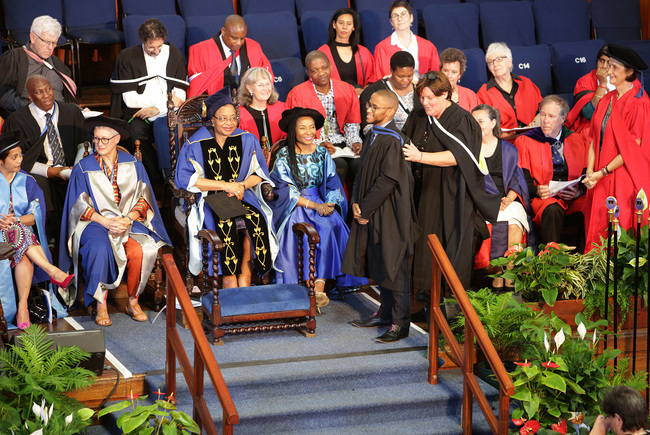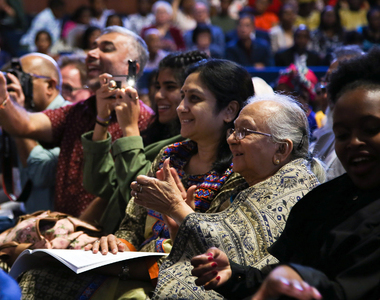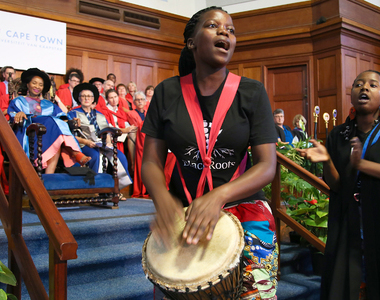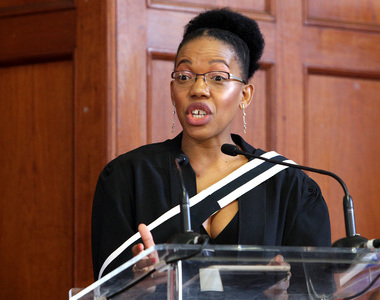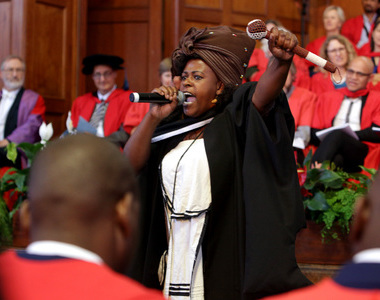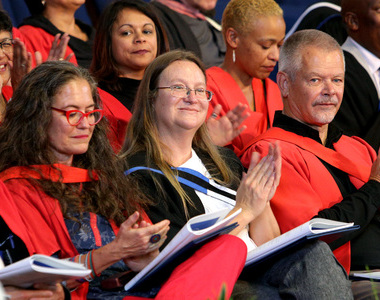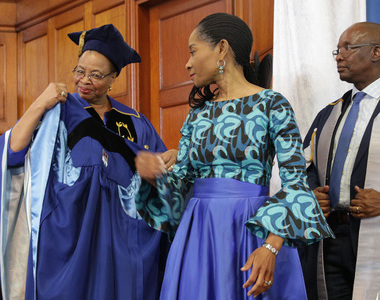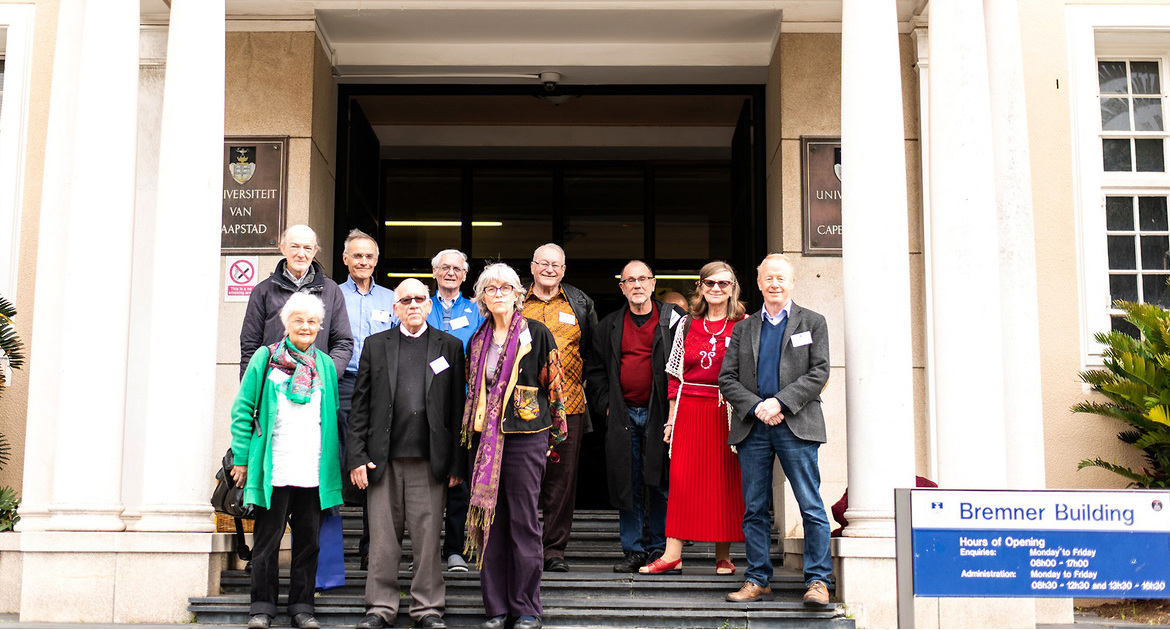Balancing the global economy of knowledge
26 March 2019 | Story Robert Morrell. Photo Ansonlobo, Wikimedia. Read time 6 min.
Globalisation and new technology have changed the ways that knowledge is made, disseminated and consumed. At the push of a button, one can find articles or sources from all over the world. Yet the global knowledge economy is still marked by its history.
The former colonial nations of the nineteenth and twentieth centuries – the rich countries of Europe and North America which are collectively called the global North (normally considered to include the West and the first world, the North contains a quarter of the world’s population but controls 80% of income earned) – are still central in the knowledge economy. But the story is not one simply of Northern dominance. A process of making knowledge in the South is underway.
European colonisers encountered many sophisticated and complex knowledge systems among the colonised. These had their own intellectual workforces, their own environmental, geographical, historical and medical sciences. They also had their own means of developing knowledge. Sometimes the colonisers tried to obliterate these knowledges.
In other instances colonisers appropriated local knowledge, for instance in agriculture, fisheries and mining. Sometimes they recognised and even honoured other knowledge systems and intellectuals. This was the case among some of the British in India, and was the early form of “Orientalism”, the study of people and cultures from the East.
In the past few decades, there’s been more critique of global knowledge inequalities and the global North’s dominance. There have also been shifts in knowledge production patterns; some newer disciplines have stepped away from old patterns of inequality.
These issues are examined in a new book, Knowledge and Global Power: Making new sciences in the South (published by Wits University Press), which I co-authored with Fran Collyer, Raewyn Connell and Joao Maia. The focus is especially on those areas where old patterns are not being replicated, so the study chooses climate change, gender and HIV and AIDS as three new areas of knowledge production in which new voices from the South might be prominent.
Local knowledge for local purposes
The critique levelled against inequalities in global knowledge production takes several forms. One is “post-colonial theory” – theories inspired from India and the Arab world that analyse unequal power relations in the period after the formal end of colonialism, focusing on the subordination or marginalisation of populations formerly living in colonial contexts.
The “de-colonial” movement is another example. It explores ways of exposing modernist assumptions and developing new ways of thinking that cut loose from knowledge inequalities. It draws its lessons from the colonisation of Latin America.
There has also been a call from some for a return to indigenous knowledge. But here the consequences have not always been happy, as seen in South Africa’s attempt to combat the HIV/AIDS epidemic by using local healing practices. Former president Thabo Mbeki saw traditional medicine as the antithesis of an exploitative Western pharmaceutical industry. He rejected the use of antiretroviral drugs rather than making these approaches mutually supporting. It was a devastating mistake that cost as many as 330 000 people their lives.
Scholars like Paulin Hountondji from Benin emphasise the active processes of knowledge production that arise in colonised societies and which have a capacity to speak beyond them. The emphasis in this concept is on communication between and within knowledge systems, rather than on separation.
Producing knowledge for local purposes, rather than for export into a global knowledge economy, has long been part of the work of intellectuals in colonial and post-colonial societies. This may be for activist purposes, such as the nationalist histories written to support the struggles for independence. Or it may respond to problems that hardly exist in the global North, such as the social issues in post-colonial mega-cities. Recognising local agendas for knowledge formation is important even in the mainstream knowledge economy.
And yet, arguably, the authority of Northern-centred knowledge formations is growing.
Knowledge production
This is where the idea of Southern theory emerges. Coined by one of the book’s authors, Professor Raewyn Connell, this refers to social thought from the societies of the global South.
Alternative approaches to knowledge exist and are being produced. A wealth of new knowledge has emerged from colonised peoples, from settler populations, and from post-colonial societies grappling with dependence, violence and new forms of exploitation.
The demonstrated existence of Northern dominance and influence does not imply Southern passivity, nor uncontested domination. Knowledge production is now negotiated, and creative ways of participating are devised.
Southern knowledge workers still have to work within a global knowledge labour system which endorses, for example, the power of publishing houses, top-ranked universities and highly cited researchers. But they are also able to exercise control over their own labours. They do this by creating local research programmes, founding research centres, and linking research to public policy that addresses local problems in distinctive ways.
Among knowledge workers in the South, Southern Tier work forces, there is evidence of change and contestation, the development of local knowledges, and complex interweaving of Northern paradigms and Southern Tier experiences. The global North’s share of scientific publications has declined recently, and the Southern Tier has participated in the changing balance. These changes show that the structure of the global economy of knowledge is not static.
The value of connection
The research for this book found that many of respondents value connections around the global periphery. Brazilians seek links with researchers across Latin America and in Africa; South Africans connect across their continent; Australians develop links in the Asia-Pacific region.
The connections that have already been made show a practical basis for the logic of connecting knowledge projects between North and South and between South and South. In a neoliberal context marked by increasing cutbacks in research funding, it will have to be intellectual workers themselves, and social movements in the global South, who push for new forms of solidarity in global knowledge production that contribute to development and freedom, peace and democracy.![]()
Robert Morrell, Director: Next Generation Professoriate, Office of the Vice-Chancellor, University of Cape Town.
 This work is licensed under a Creative Commons Attribution-NoDerivatives 4.0 International License.
This work is licensed under a Creative Commons Attribution-NoDerivatives 4.0 International License.
Please view the republishing articles page for more information.
December graduation
The 2018 December graduation season features six ceremonies, including the official robing of Vice-Chancellor Professor Mamokgethi Phakeng.
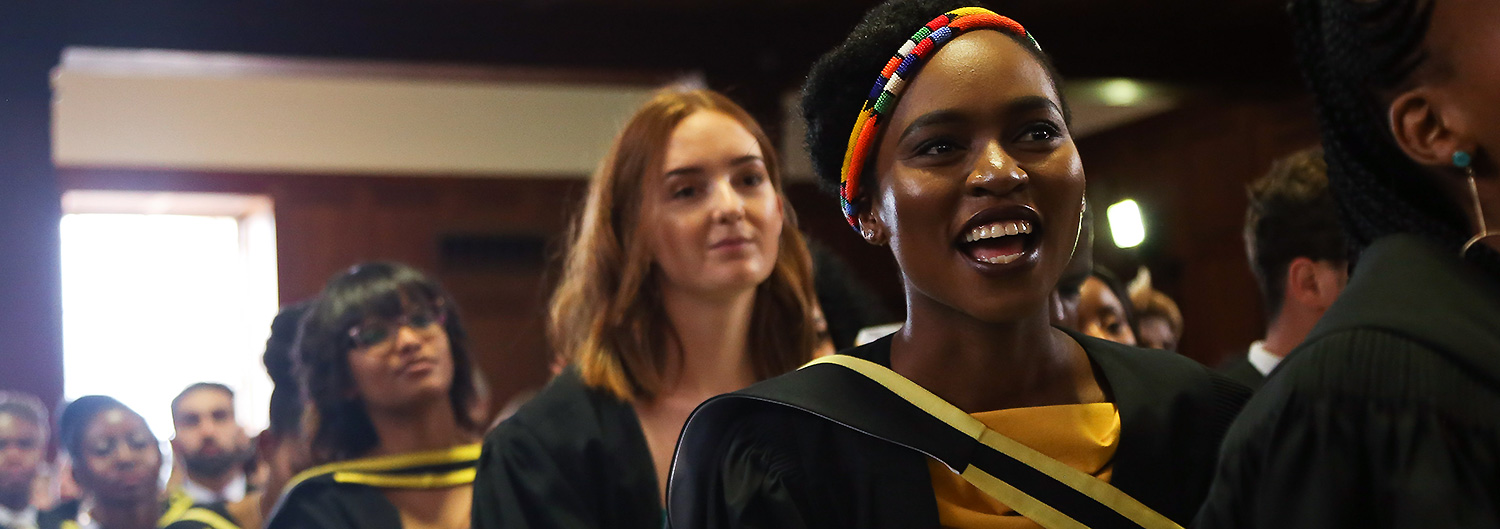
Full ceremony recordings
Creative works and book awards
UCT recognises and celebrates major creative works and outstanding books produced by members of staff at the university.
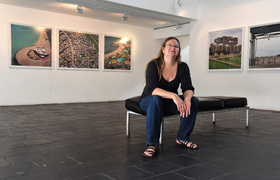
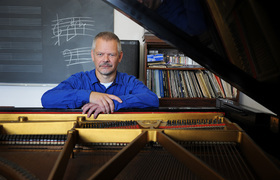
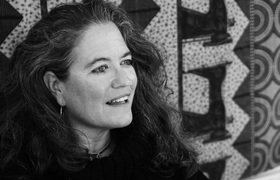
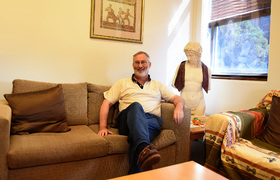
Inspired to achieve
Read about some of our remarkable students who are graduating this season.

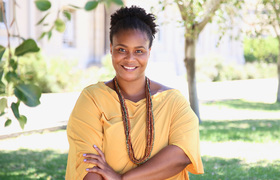
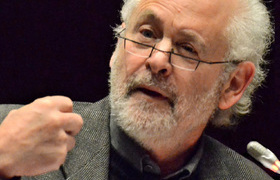

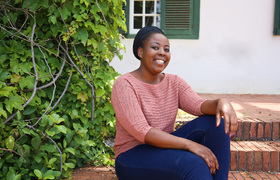
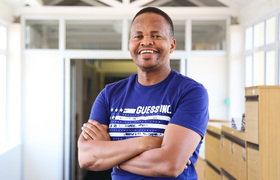
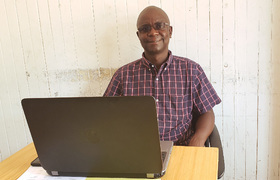
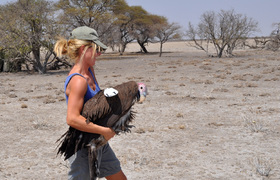
Golden memories
Members of the University of Cape Town’s class of 1968 will reunite to celebrate their Golden Graduation this week. Madi Gray, a veteran of the nine-day Bremner sit-in of 1968, will be among those UCT alumni celebrating this milestone.








